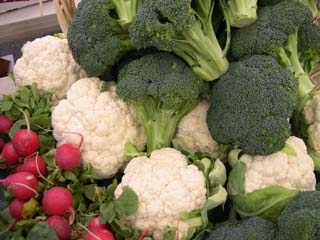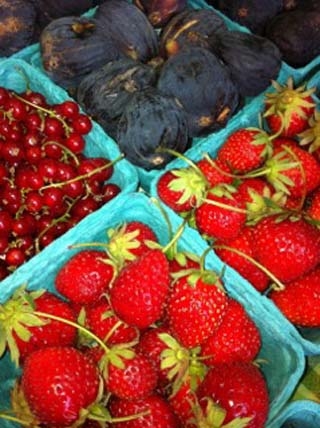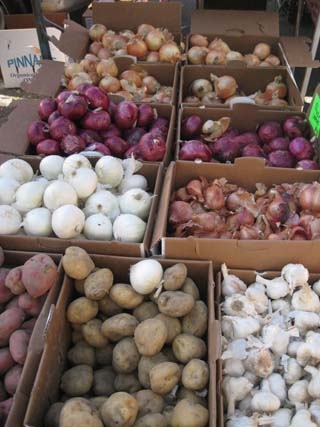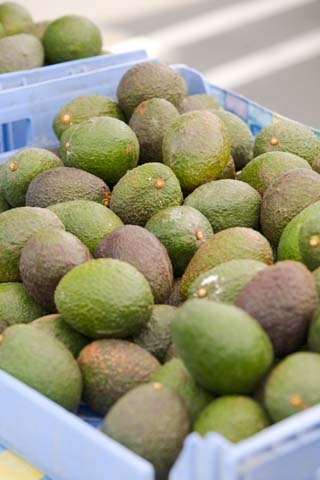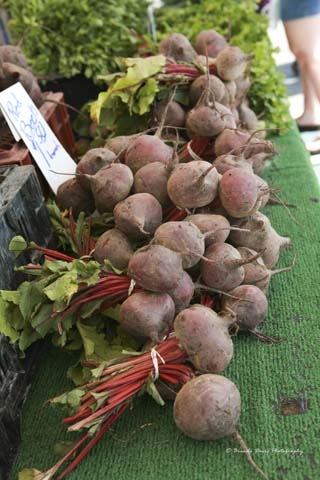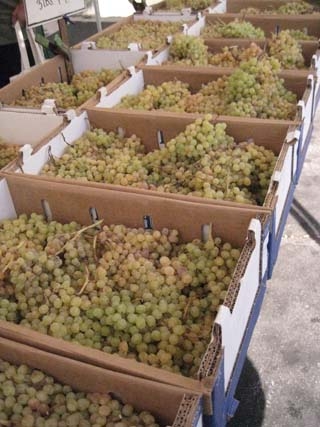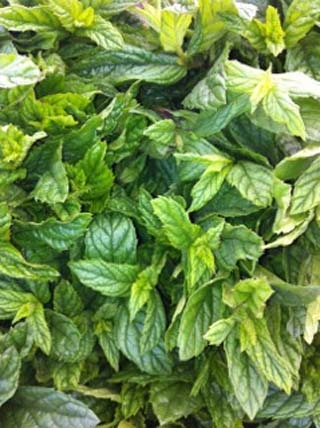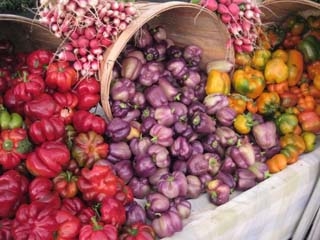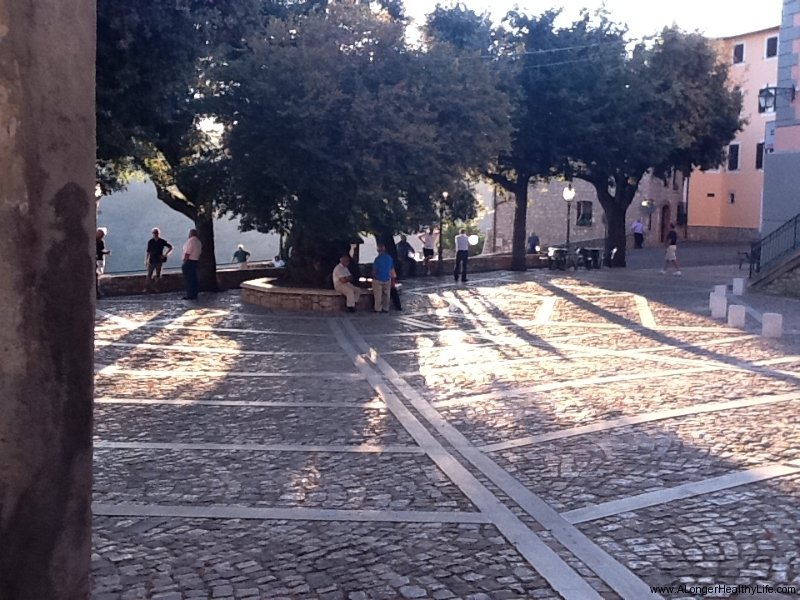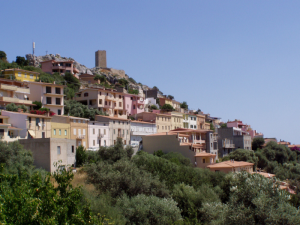 Sardinia is the hardy, untamed and defiant island in the Mediterranean which gave its name to the words ‘sardine’ and ‘sardonic’, due to the populous local fish and the formidable local character respectively. It is also where the term Akea comes from, this being an acronym derived from the Sardinian expression akent’annos, or ‘may you live to be 100 years old’. It is not an idle wish, because Sardinians frequently do live to be 100 years old, and their health is as robust as you will find anywhere in the region.
Sardinia is the hardy, untamed and defiant island in the Mediterranean which gave its name to the words ‘sardine’ and ‘sardonic’, due to the populous local fish and the formidable local character respectively. It is also where the term Akea comes from, this being an acronym derived from the Sardinian expression akent’annos, or ‘may you live to be 100 years old’. It is not an idle wish, because Sardinians frequently do live to be 100 years old, and their health is as robust as you will find anywhere in the region.
The epicentre of longevity in Sardinia is located around the mountainous region of Barbagia and the Province of Nuoro in the central eastern part of the island. This is where Sardinians fled to escape the invading Barbarians in Roman times, isolating themselves from outside influences and creating a pocket of especially resilient and proud people who are some of the healthiest and longest-lived in the world. Here you will find octogenarians running after sheep up steep hillsides, nonogenarians climbing nut trees and chopping wood, and calendars depicting ‘centenarian of the month’.
The Akea study, funded by the National Institute of Aging and published in 2004, found that there are 19 centenarians per 100,000 people in Nuoro, the most mountainous and remote part of the region. This is less than Okinawa’s 34 per 100,000 but compares very favorably with the 10 per 100,000 found in the US. Researchers have also found that female centenarians outnumber male centenarians by 2.7:1 in Sardinia, which is considerably lower than the 5-6:1 ratio found in other developed countries and in mainland Italy.
The Akea researchers found that the gene pool in the Sardinians of this particular remote mountainous region is relatively small. For example, the local people have small red blood cells which is thought to protect them against malaria and help prevent blood clots. The study researchers hypothesized that there may, therefore, be genetic factors influencing Sardinian longevity and male longevity in particular, such as factors favoring male hormonal function or certain genes located in the sex chromosomes.
However, Sardinians do not have genes protecting them from the chronic diseases of aging such as cardiovascular disease and cancer which they are so free from in Barbagia, which indicates a strong environmental influence. As for the men, they benefit from a very physically active, low stress life in a beautiful environment with a pleasantly mild climate. Traditionally, men in the region are shepherds, since the steep, rocky terrain is not suited to wide-scale agriculture. Herding sheep on steep hills involves a lot of aerobic exercise out in the fresh air, and the beneficial effects of that on heart health are well-known. Sardinian women are known to complain that they are the ones who have to do the domestic drudgery and the worrying back at home whilst their men spend the day roaming around in nature and often sleep out under the stars with hardly a care in the world.
Historically, Sardinians have made sure to maintain their way of life as a way of protecting themselves from the constant invaders coming in from the sea wanting a slice of this wild and beautiful island. This has meant that they have kept family close and honored family customs such as respecting their elders and looking out for each other, which is an important longevity-promoting factor. They are also known for speaking their minds when feeling displeasure, which may have evolved as a way of preventing feuds between families from getting too bloody (thus the word ‘sardonic’). This enables them to shed stress and helps keep blood pressure down.
Needless to say, the food eaten by long-lived Sardinians is plant-based, organic, and free from junk food, preservatives, or anything else that comes from outside. Before shepherding was introduced, the Sardinians were hunter-gatherers, and their way of eating is not so very different from that today.
Learn More About Life Longevity in Sardinia Italy!
What do People in Sardinia Italy Eat to Achieve Life Longevity?
What Kind of Lifestyle do People in Sardinia Italy Live in Order to Achieve Life Longevity?


